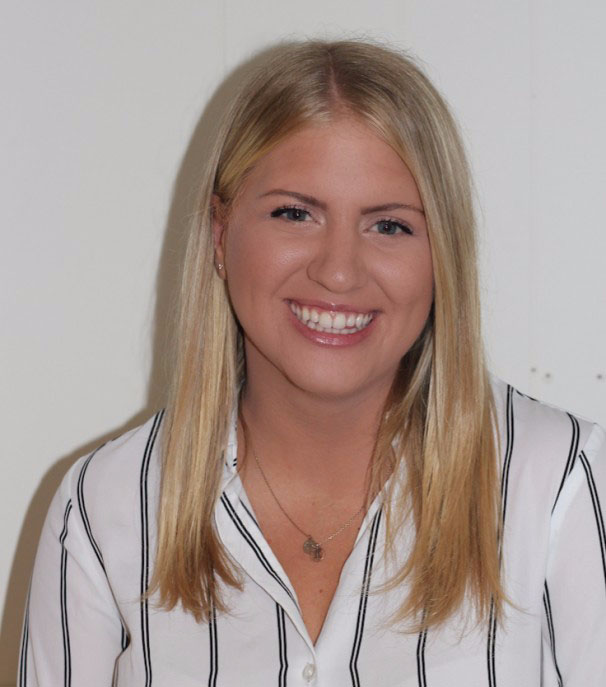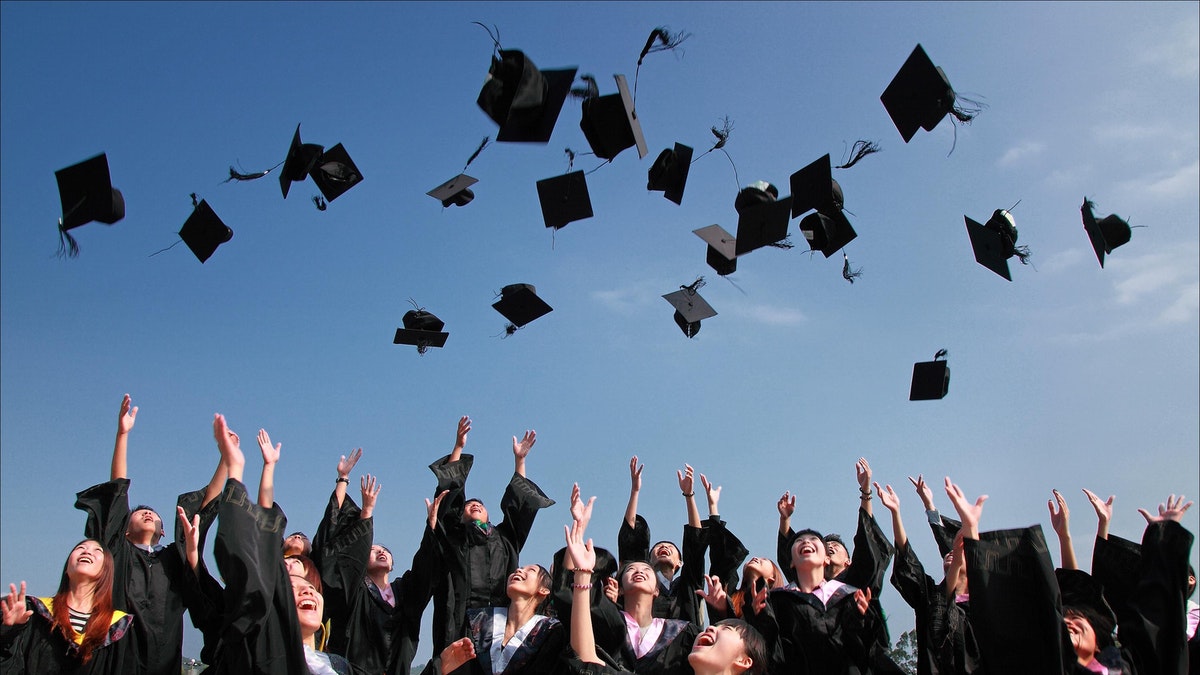
Graduating is hard to do – or at least for me it has been.
I’ve spent my whole life jumping from one grade to the next, one school to the next, just training for the day my daily schedule will no longer be defined by class times and assignment deadlines, and I’ll be forced to make the leap to the so-called “real world.”
And when that sort of structure is all you’ve known, when at least some portion of your self-esteem is based on achieving good grades, it’s hard not to feel lost when it’s all of a sudden taken away from you in exchange for a degree and admittance into an alumni association.
It seems to me that most graduates leave school and enter some sort of existential crisis. And when you take all of the normal growing pains that come along with young-adulthood and add a global pandemic to the mix, the results are, well, not fun.
And hell, we didn’t even get a proper graduation ceremony.
For 2020 graduates, this next chapter in our lives means figuring out how to balance finding our purpose and passions while the world itself figures out how to function under a new (totally abnormal) normal, with the job market seemingly grim. To say it’s intimidating is an understatement.
It’s important to keep in mind that post-secondary institutions in Canada are facing a mental health crisis among students.
In the 2016 Canadian National College Health Assessment, 59.6 per cent of respondents reported feeling that things were hopeless at one point over the previous 12 months, with 64.5 per cent feeling overwhelming anxiety, and 44.4 per cent feeling so depressed it was difficult to function.
Similarly, a recent survey by the Centre for Addiction and Mental Health indicates that adults between 18 and 40 are more likely than older adults to experience mental health issues during the pandemic.
It seems natural, then, that students finishing school during COVID-19 would have a difficult time adjusting. It was probably even silly of me to feel alone in all of this, to assume this post-graduation anxiety wasn’t at least a bit universal.
It’s not all grim, of course. I’m beyond fortunate to have a journalism degree to begin with, and to have made the friends I did along the way. My self-confidence grew in university and so did my work ethic.
Still, I think it’s important to recognize that things aren’t normal right now and it’s OK to feel a bit defeated by the cards we’ve been dealt.
So next time you find yourself making small talk with a recent grad or current student, consider avoiding the “future plans” conversation. The pandemic is far from easy for anyone, and the future likely seems unclear for many.
Instead, remind them they don’t have to have everything figured out right now, especially when the weight of figuring it all out is affecting their mental health.
Fellow 2020 grads, rest assured that we’ll all get to update our LinkedIn profiles one day.
Until then, let’s take it easy on ourselves.




